Treating pain can be a key factor in helping to keep diabetes under control. In fact, chronic pain haunts many people with diabetes, making it harder for them to manage their condition through exercise, healthy eating, and medication, and in particular, the burden of living in pain could distract diabetic patients from doing what is necessary for their health.
Nearly 1,000 diabetic patients participated in one study, and on a scale of 1 to 5, participants assessed how difficult it was for them to take diabetes medications, exercise regularly, follow the recommended eating plan, check their blood sugar level, and examine their feet for wounds and sores. In addition to these benchmarks for diabetes self-care, the researchers also looked at depression and asked participants to rate their overall health.
About 60% of the participants reported chronic pain, which was described as pain that was present most of the time for six or more months during the past year. The back, hip, and knee were most commonly affected. On average, patients said the pain interrupted their daily lives for 18 of the last 28 days, and painkillers were taken regularly or occasionally by 78% of the participants. Those with chronic pain tended to be younger, more overweight, women, and insulin users.
In addition, chronic pain was often accompanied by depression. Nearly half of the participants with chronic pain showed signs of depression. In contrast, only 20% of participants without chronic pain had symptoms of depression.
Even after taking depression and other factors into account, the link between pain and self-care remained. Taking painkillers helped, but not enough to match the level of self-care seen in the painless participants. Overall health ratings were also lower for chronic pain participants. More than half said they were in good or bad health, compared to about a third of those without chronic pain.
Nearly a third of participants with chronic pain said their pain was severe or very severe during the past four weeks. They did significantly worse work in managing diabetes than those with mild or moderate pain. For example, participants with severe chronic pain found it difficult to take their diabetes medications, which was not a problem for people with milder pain. The exercise was also more difficult with severe pain.
Alternative Treatments for Diabetes Nerve Pain
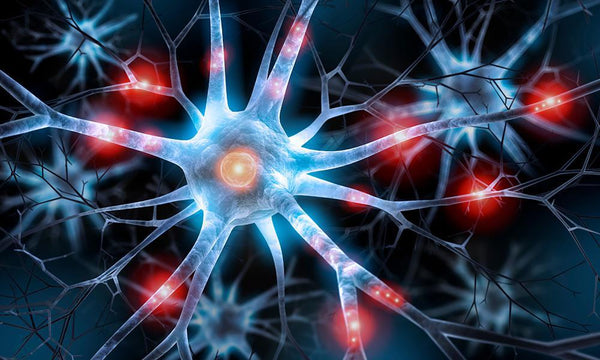
Some people with diabetes and nerve pain find relief in surprisingly simple ways. Sometimes a nice hot (but not boiling) bath is enough to relieve stress and nerve pain. A massage can also help. Other people turn to biofeedback, meditation, relaxation techniques, or hypnosis, all of which have been shown to help. "These alternative medicine methods have shown tremendous promise," says Tom Elasy, MD, director of the Diabetes Clinic at Vanderbilt University in Nashville. "I have many patients who have pursued alternative approaches and I receive very positive feedback on the results."
It is possible, through biofeedback, to train the body to reduce the severity of pain in the nerves of diabetes. This involves consciously controlling a body function that is normally regulated by the body, such as skin temperature, heart rate, or blood pressure. It may sound like science fiction, but the evidence for the benefits of biofeedback is pretty good, and it's been used to help control migraine pain, seizures, high blood pressure, and other common problems.
About the operation of these sensors, it is enough to wear the sensors on the head and elsewhere, so that they allow you to "feel" or "see" some bodily functions such as the wrist, digestion, body temperature and muscle tension. The wavy lines and/or beeps on the connected monitors reflect what is happening inside your body. Then you learn to control those beeps and doodles. After a few sessions, your mind trained your biological system to learn skills. It is not difficult to master, experts say.
Meditation is also a therapy offered in many pain treatment centers for diabetes and other painful disorders. Research shows that meditation can lower blood pressure and improve heart rate, breathing, and brain waves, while the body receives a quiet message to relax. The calming power of repetition is at the heart of meditation; focusing on the breath, ignoring thoughts and repeating a word or phrase, a mantra, makes the body relax. People describe the feeling of warmth, calmness and even a sense of heaviness while meditating. You can learn meditation on your own, but it is helpful to take a lesson. A teacher can guide you and help you reach that deeper, more relaxed state.
Stress can make neuropathic pain worse, so it's important to learn how to relax. Your breathing pattern is often affected by changes in emotions. That is why breathing management is an important tool for relaxation. By becoming familiar with your breathing patterns, you can also learn to control your breathing, stress level, and pain. First, find a quiet location, a comfortable body position, and a good mood. Try to block out distracting worries and thoughts.
Psychological consequences of chronic pain
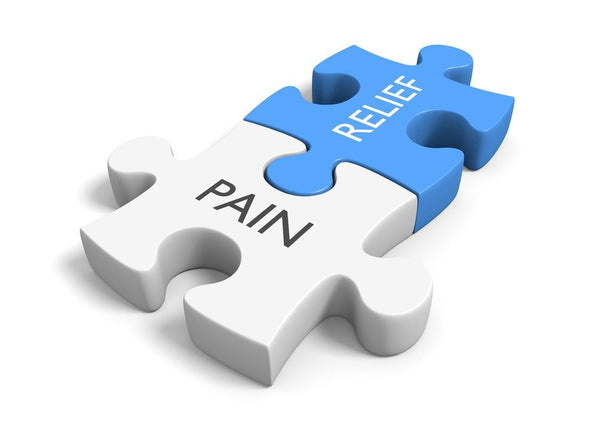
When you live with nerve pain caused by peripheral neuropathy caused by diabetes, it's sometimes normal to feel down. You will probably face fear, anger, denial, disappointment, guilt, or loneliness. But there is room for hope because the right treatment and lifestyle changes can give you relief.
Your doctor may prescribe medications that treat depression. These drugs can perform a double task, relieving physical pain and its emotional effects. However, talk to your doctors about diabetes before taking this type of medication. Some of these medications can cause weight gain, which could make it harder to control your blood sugar.
Also consider trying psychotherapy if you are diagnosed with depression. Talking to a therapist will allow you to resolve problems or events in your life that may have led to depression. This can help you solve problems, regain a sense of control over your life, and help you enjoy it again.


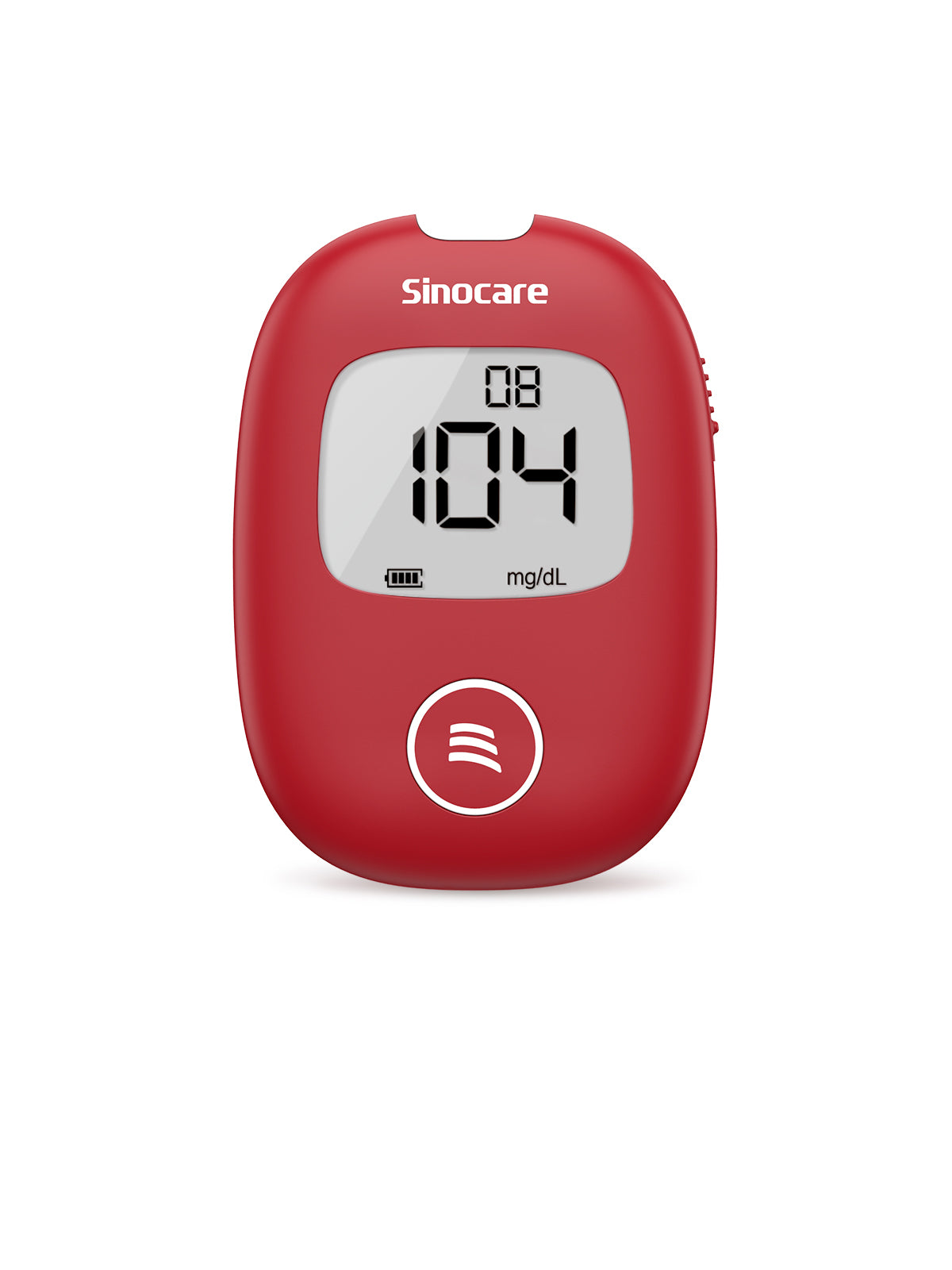
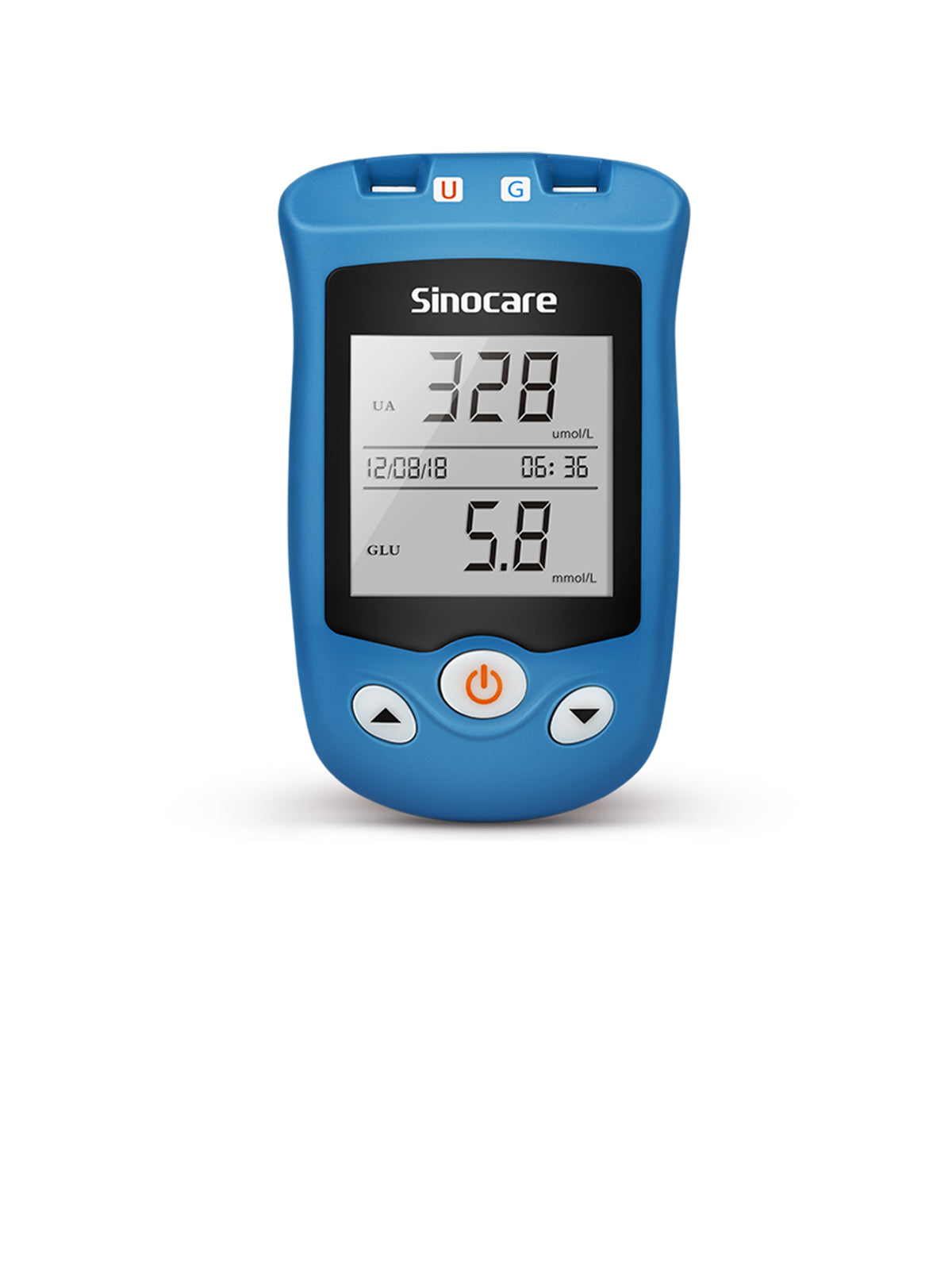

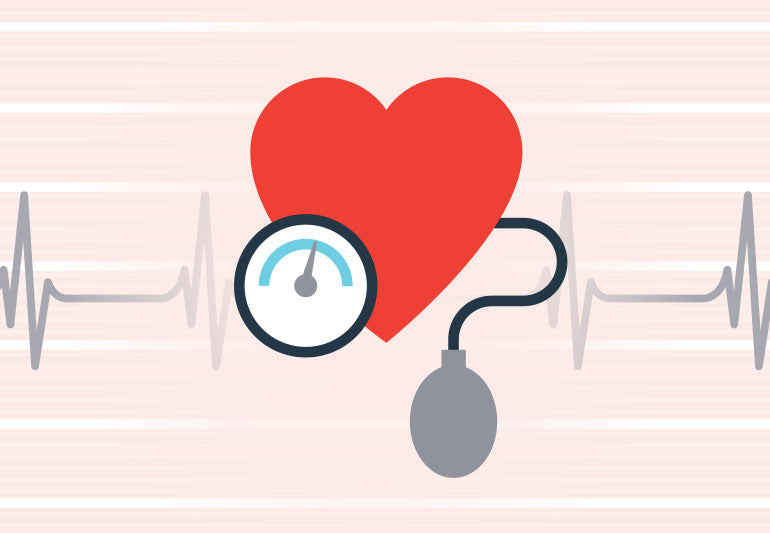




Leave a comment
All comments are moderated before being published.
This site is protected by hCaptcha and the hCaptcha Privacy Policy and Terms of Service apply.